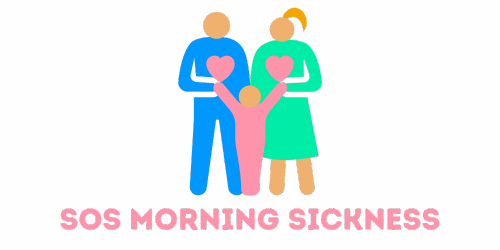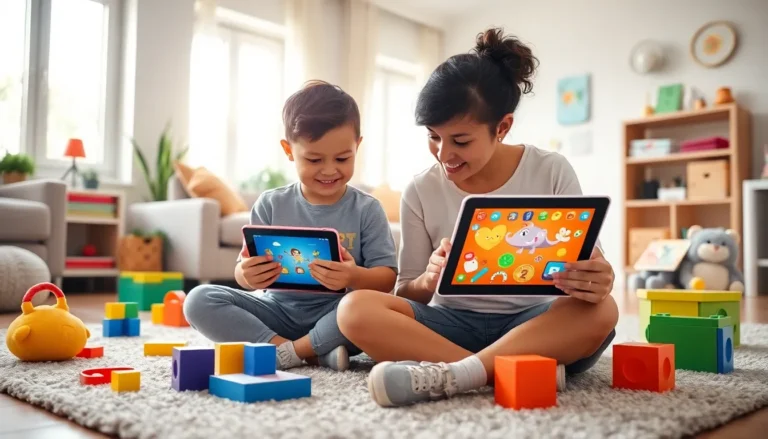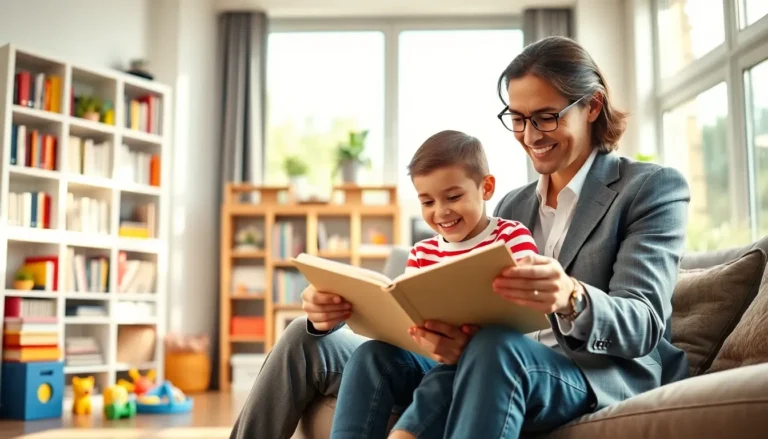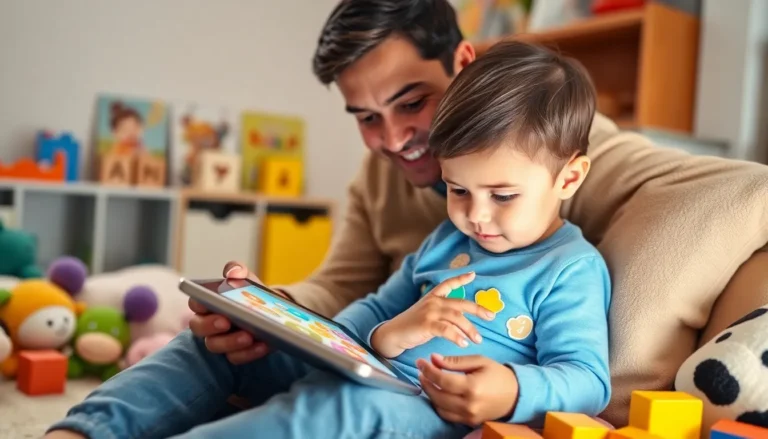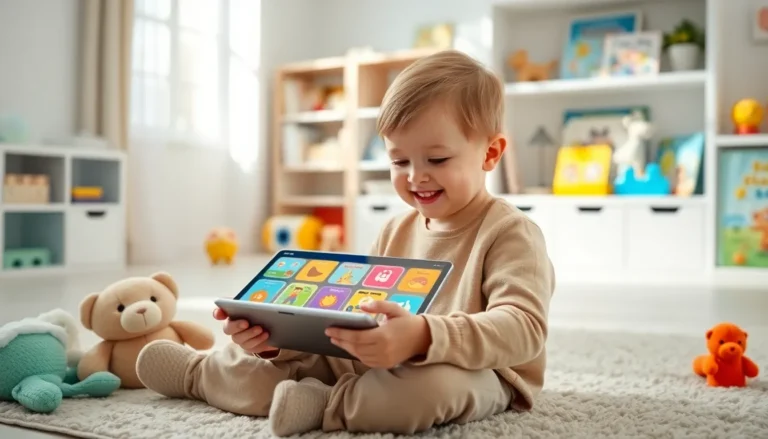When it comes to parenting, the terms “solo” and “single” often get tossed around interchangeably. But wait. While they might sound the same at first glance, they actually represent very different journeys. Whether you’re a new parent navigating these waters or a friend trying to offer support, understanding these distinctions can make all the difference. So grab that cup of coffee and let’s dig into the world of solo vs. single parenting, where we promise to keep it light yet informative, because let’s face it, parenting is serious enough.
Table of Contents
ToggleDefining Solo Parenting

Solo parenting refers to raising children without a co-parent. This model can occur due to various circumstances, such as a partner’s deployment, passing, or a conscious choice to parent alone. No matter the reason, solo parents often wear many hats. They’re not just mom or dad: they’re also the primary caregiver, financial provider, and emotional supporter. This unique position can bring both rewards and challenges, often leading to a lifestyle that is as enriching as it is demanding.
Exploring Single Parenting
Single parenting, on the other hand, typically describes a situation where one parent is responsible for raising their children, often following a separation or divorce. This category can also include unwed parents who choose to raise their child independently. Single parents can usually have shared custody arrangements. While they may have support systems in place from ex-partners or family members, the principal burden of everyday parenting often still falls on them. The nuances of single parenting can vary wildly based on the circumstances of the parent’s separation or relationship history.
Key Differences Between Solo and Single Parenting
Understanding the fundamental differences between solo and single parenting is crucial.
Challenges Faced by Solo Parents
Solo parents often face unique hurdles. Without a partner to share responsibilities, they may feel perpetually overwhelmed by daily tasks. Juggling work, home life, and childcare can lead to exhaustion and stress. They might also experience social isolation, as their time constraints often make it difficult to connect with others. Also, financial pressures can intensify without another income stream.
Challenges Faced by Single Parents
Single parents, while they may have the option of shared custody, also face their own set of challenges. Navigating the co-parenting dynamic can be tricky and fraught with tension. Communication issues or disagreements with the ex-partner can complicate parenting decisions. Besides, the emotional impact of separation or divorce can add layers of difficulty, affecting both the parent and the child.
Benefits of Solo Parenting
Solo parenting is not without its perks. For many, it can foster a sense of independence, not just for the parent but also for the child. Children often learn resilience and adaptability when they see their parent managing everything on their own. Solo parents frequently develop strong bonds with their kids, as they navigate life’s challenges together. Also, the lifestyle allows for the freedom to make decisions without needing to consult a partner, which can sometimes create a more cohesive family structure.
Benefits of Single Parenting
Single parenting does come with its own advantages too. Co-parenting can provide emotional and logistical support during challenging times. Many single parents benefit from shared responsibilities, making child-rearing a little easier during custody arrangements. This setup can also foster a sense of stability for the children, allowing them to maintain relationships with both parents. Besides, single parents often develop strong networks of support through friends, family, and community resources.
Choosing the Right Path for You
Deciding whether to pursue solo or single parenting can involve weighing many factors. Potential parents should consider their personal circumstances, financial stability, and emotional readiness. Each path offers unique challenges and triumphs. The choice often boils down to what feels right for the individual parent at that moment in time. Sometimes, the best decision is simply based on what will provide the most nurturing environment for the child.
